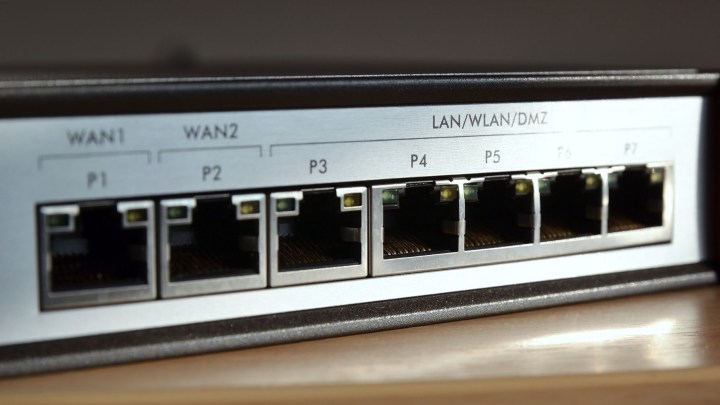
Experts say that poor security and hardware both contributed to the massive money loss, and in particular, the $10 routers have made it more difficult for investigators like Mohammad Shah Alam, head of the Forensic Training Institute of the Bangladesh police’s criminal investigation department, to do their jobs. Alam notes that the switches “collected very little network data that could be used to pinpoint the hackers and shed light on their tactics.”
Back in February, hackers were able to gain access to the core network of the Bangladeshi bank, and took advantage of this opportunity to move cash from Bangladesh’s accounts at the Federal Reserve Bank of New York to their own accounts. Apparently, the only reason that the attackers weren’t able to make off with more (think billions rather than millions of dollars) was a spelling mistake — bank staff noticed the typos and prevented any further damage. Authorities say that the majority of the funds have yet to be found.
Security experts seem horrified by the blatant lack of protection measures the central bank took to guard against such attacks. “You are talking about an organisation that has access to billions of dollars and they are not taking even the most basic security precautions,” Jeff Wichman, a consultant with cyber firm Optiv, told Reuters. Worse yet, there may be other banks in the world that are similarly unprepared.
Also taking some blame for the heist is global payment network SWIFT, to which the Bangladesh bank’s networks were connected. “It was their responsibility to point it out but we haven’t found any evidence that they advised before the heist,” Alam said of the payment network. SWIFT has only said that the attack was the result of “an internal operational issue at Bangladesh Bank,” and that its own core messaging services were not affected.
Regardless, the magnitude of this breach may finally convince other financial institutions to improve their own security practices, and not pinch pennies at the risk of losing millions.


